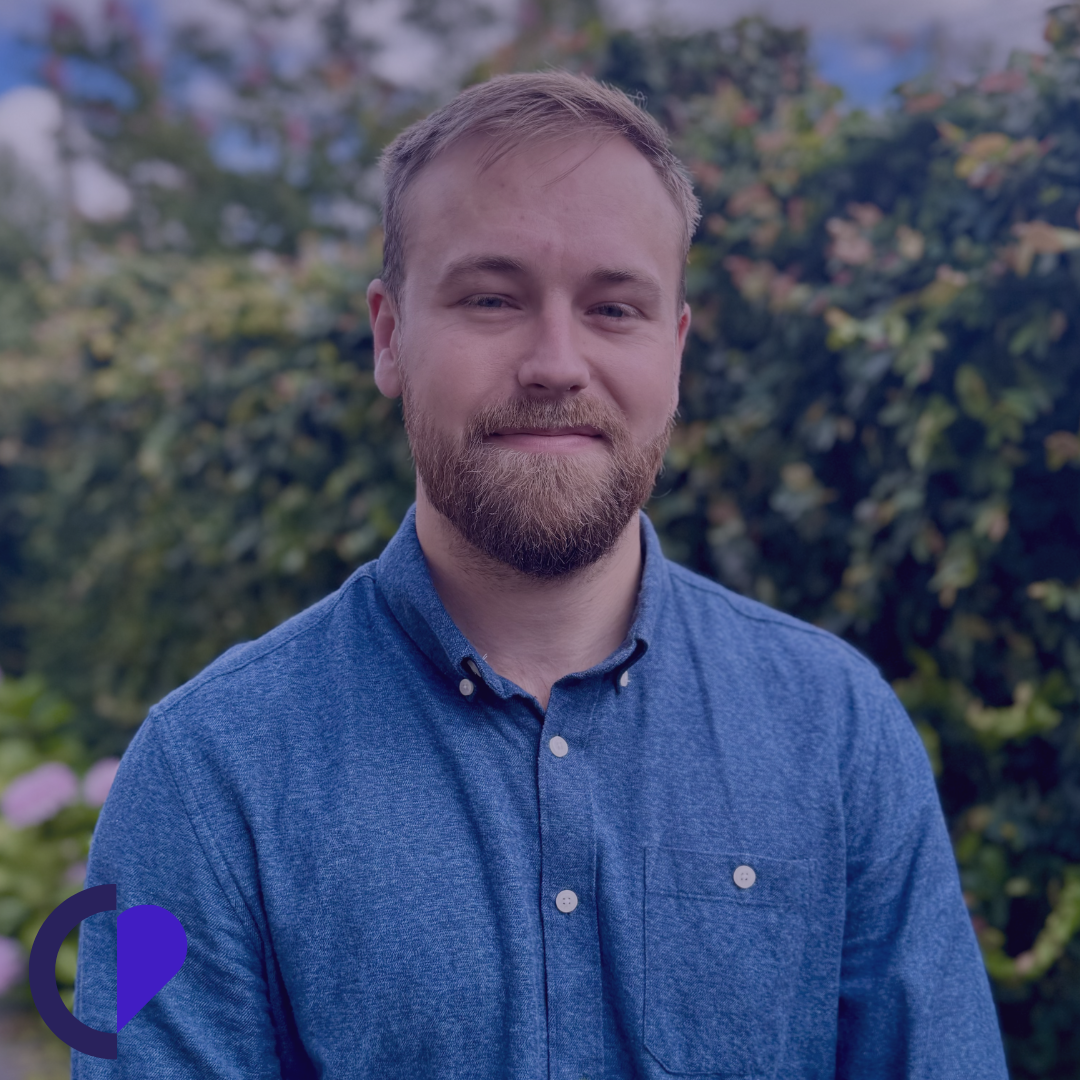Relationship Counselling
It’s not just for couples!
It’s very important to have positive relationships if you want your life to be happy. Relationships provide much-needed comfort, love, personal support and friendship.
However, relationships with partners, friends or family can become negative, stressful and detrimental. Often, people find themselves in a relationship that has issues they cannot confront and solve on their own. Without assistance or resolution, these kinds of problems can be harmful in a physical, emotional and psychological sense.
Common causes of issues in relationships
There can be many reasons for breakdowns in family, friend and couple-based relationships. Some of these include:
Substandard communication skills, including unwillingness to speak, detachment and emotionally reactive actions
Conflict regarding household responsibilities and tasks
Intimacy-related problems, including lowered libido, impotence and other health and psychological issues
Financial matters
Issues related to major changes and transitional phases in life, for example changing careers, immigration-related concerns, losses of a loved one or the birth of a child
Changing, split or indistinct loyalties related to in-laws or extended family
Meet the Relationship Therapy Specialists at Tonic Psychology
How can your relationships be mended and repaired through counselling?
Relationship counselling is a means of applying the right tools to help build positivity, resolve disagreements and increase resilience.
It’s possible to attend sessions by yourself and talk about problems including whether or not the relationship should continue – or whether your partner wants to attend counselling with you. Many of our clients find it beneficial to discuss their needs in the relationship by themselves, without their partner.
Throughout the overall counselling process, psychological techniques including cognitive behaviour therapy, solution-focused therapy or acceptance and commitment therapy may come into play. These methods are focused primarily on changing behavioural patterns. Your psychologist may choose to use emotion-focused therapy, which addresses emotional concerns and needs.
Learning about strategies and techniques that are proven to enhance relationship quality is a vital part of the relationship counselling process. Building your skills will help you to understand individual differences, as well as feel more fulfilled in your relationship.




